By now, you’ve likely become accustomed to the sight of the humble face mask. Once relegated to hospitals, physicians’ offices, and other hazardous areas, they’re now commonly observed on the street, in the grocery store, and during all facets of our public lives. Unfortunately, as common as masks are these days, they’re also the source of a great deal of confusion for some Americans.
Why the Confusion Around Face Masks?
In early 2020, both the Centers for Disease Control (CDC) and the World Health Organization (WHO) cautioned against the everyday wear of face masks for most people. The result was a pervading denial of the value of masks for much of the country, including its leaders. However, both organizations have since changed their tune on face masks, resulting in some confusion.
Initially, the CDC and WHO were concerned about increasing the then-inadequate supply of N95 masks for health care professionals, and both took active measures to preserve these necessary masks for official purposes. Representatives from both organizations have expressed regret that each didn’t issue guidance early on that cloth face masks can be useful in the fight to stop the spread of disease. Currently, although guidance—and laws in many parts of the US—maintain that cloth masks should be worn during all activities outside of a private home, a large part of the country remains unsure why we have to wear face masks.
The Science Behind Face Masks
The strategy behind wearing face masks is straightforward—utilizing a mask as a form of source control (preventing active carriers of disease from spreading the disease) and as a form of contraction control (preventing non-carriers from inhaling a virus) cuts the rate of spread significantly. Research suggests that if 80% of the population wears cloth masks while in public, the results are more effective than a total societal lockdown and shelter in place. Increasing mask compliance to 95% could prevent transmission of a pathogen—and the resulting deaths from a moderately virulent respiratory disease—by tens of thousands.
How? The concept is, again, simple. Cloth masks work to prevent the exhale of a pathogen and its subsequent inhale by another person by providing a physical barrier. If enough people wear a face mask as a physical barrier while out in public, the chances of transmission are drastically reduced.
Does Wearing a Mask Help Slow the Spread of Airborne Infections?
Mask detractors point to the construction of cloth masks as a potential flaw in the fight against the spread of airborne infections. A typical virus, they point out, is a mere 20 to 40 nanometers in diameter, while the spaces between the fabric weave of a typical cloth mask are much more significant. However, airborne pathogens are not able to fly or navigate on their own.
Pathogens are contained within much-larger droplets of saliva, which cannot pass through fabric weave as easily. While each cough can potentially release up to 3,000 of these droplets, instead of sneezing, coughing, or exhaling pathogen-loaded saliva into the air, where they can be inhaled by a person without a mask, the fibers of the mask prevent droplets from traveling. In addition, even if pathogen-loaded droplets remain in the air, a non-infected mask wearer is much less likely to inhale them.
Are Masks Working?
Preliminary evidence suggests that masks do work in the ways mentioned above. A high-speed droplet study published in the New England Journal of Medicine simulated hundreds of droplets between 20 to 500 micrometers propelled at a force equivalent to that used while speaking. The study showed that an implement as simple as a damp cloth prevented 99% of droplets from spreading. Another study showed that paper or cloth surgical masks were, in fact, effective in slowing the spread of influenza and other respiratory diseases.
Similarly, during the 2020 pandemic, cloth masks were found to have slowed the rate of spread by as many as two percentage points. Also, researchers suspect that even a reduction in the amount of a pathogen spread at one time can reduce the severity of the corresponding disease. Countries that accepted mask-wearing as a regular practice early on were able to achieve lower death rates than those that resisted masks.
What Are Mask Best Practices?
Of course, to prevent the spread of infectious disease, masks must be worn the right way. To do this, follow this set of guidelines published by the CDC:
- All people over the age of 2 should wear a cloth face mask in public settings, and while around people who do not live in your household
- If you believe you may have a respiratory or other infectious illness, stay home and do not expose other individuals.
- Even if you do not believe you have an infectious disease, you should continue wearing a face mask. Many people with respiratory diseases remain asymptomatic at the beginning or even throughout the disease.
- Maintain proper social distancing of six feet or more between people, even if both parties are wearing masks.
- You should not wear a cloth face mask while swimming or bathing, or while participating in other activities where the mask may become wet.
- Individuals with severe respiratory conditions, those who cannot remove a face covering unassisted, and those who may become unconscious should not wear a cloth face mask.
What Are the Best Face Masks?
If the science involved has convinced you that wearing a cloth or paper mask while in public is the best way to prevent the spread of infectious disease, you’re not alone. However, with so many masks on the market, it can be challenging to choose the most effective. For most, cloth masks that utilize SilverPlus technology are the best bet.
Cloth face masks produced using the unique SilverPlus technology incorporate a biocide that prevents the growth of bacteria—and the unpleasant odors, discoloration, and deterioration they produce. These masks are machine washable, reusable, and comfortable, with a center seam and elastic ear loops that ensure the best fit and the best transmission protection.
We offer these masks in our health and wellness shop. You can purchase them here.
Stay Safe and Healthy: Wear A Mask
Even if you don’t have the best face mask, science has proven any face covering is better than none! The point is that any mask that covers the nose and mouth will be of benefit you and help prevent the spread of airborne diseases. With social distancing and mask wearing, the point is risk reduction rather than absolute prevention.
Looking for more on the science behind wearing a mask? Here is a very good literature review that is currently in peer-review, but has already been cited in The Lancet. This is a great article, showing you how, why and to what extent mass masking works. Feel free to download the full article and share with your friends, it’s free!
Face Masks Against Viruses: An Evidence Review
We’re going to continue to be your best compounding pharmacy and so much more. We want you to reach and live as the healthiest you that there can be.
Chief Operating Officer, The Compounding Pharmacy of America
Matthew Poteet, Pharm.D. graduated with Honors from Lee University with a Bachelors of Science in Biological Science. After his undergraduate training, he completed the Doctor of Pharmacy program at Mercer University Southern School of Pharmacy, graduating in 2004. Dr. Poteet has spent much of his pharmacy career on staff at two of the most prestigious academic teaching hospitals in the Southeast; Emory University in Atlanta and Vanderbilt University Medical Center in Nashville. At these institutions he received extensive experience and training in sterile products compounding.
He returned home to East Tennessee in 2010, where he has held the position of Pharmacy Director at two sterile products pharmacies in Knoxville. Matthew lives in Knoxville with his wife, Chris. Dr. Poteet is Tennessee’s first Board Certified Anti-Aging Pharmacist by the American Academy of Anti-Aging Medicine.
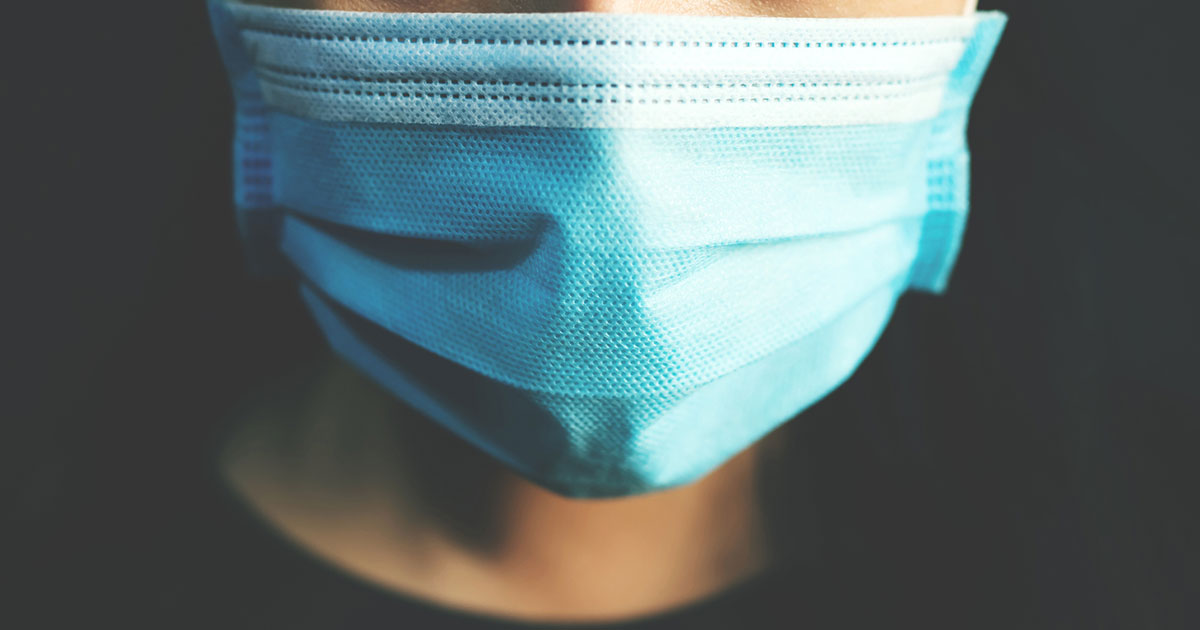
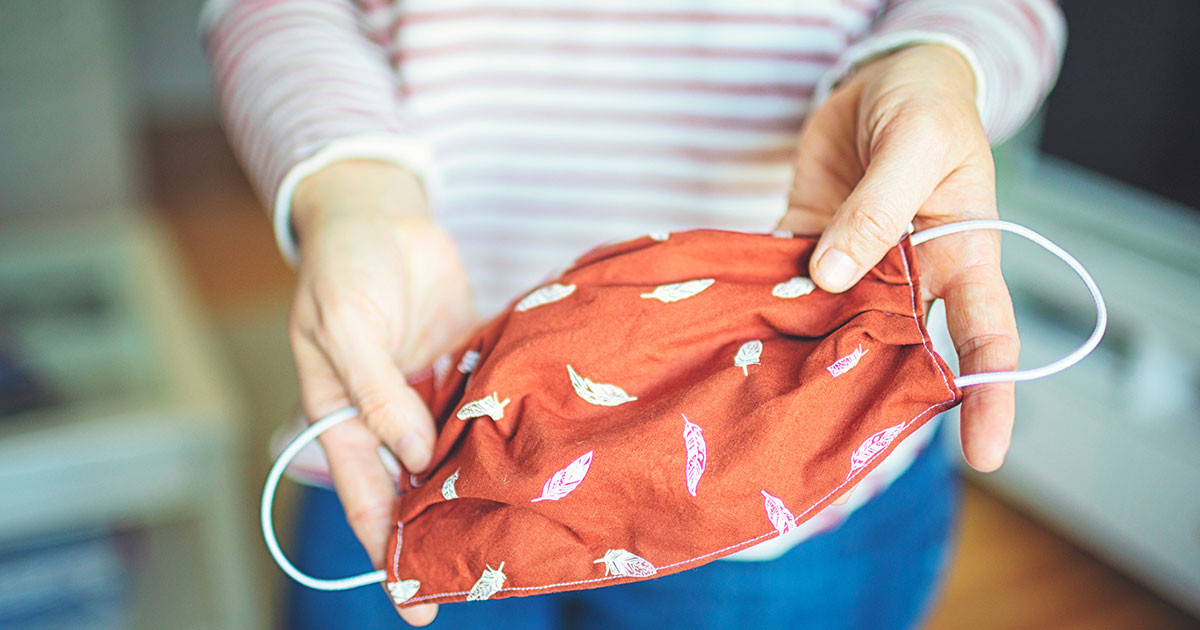
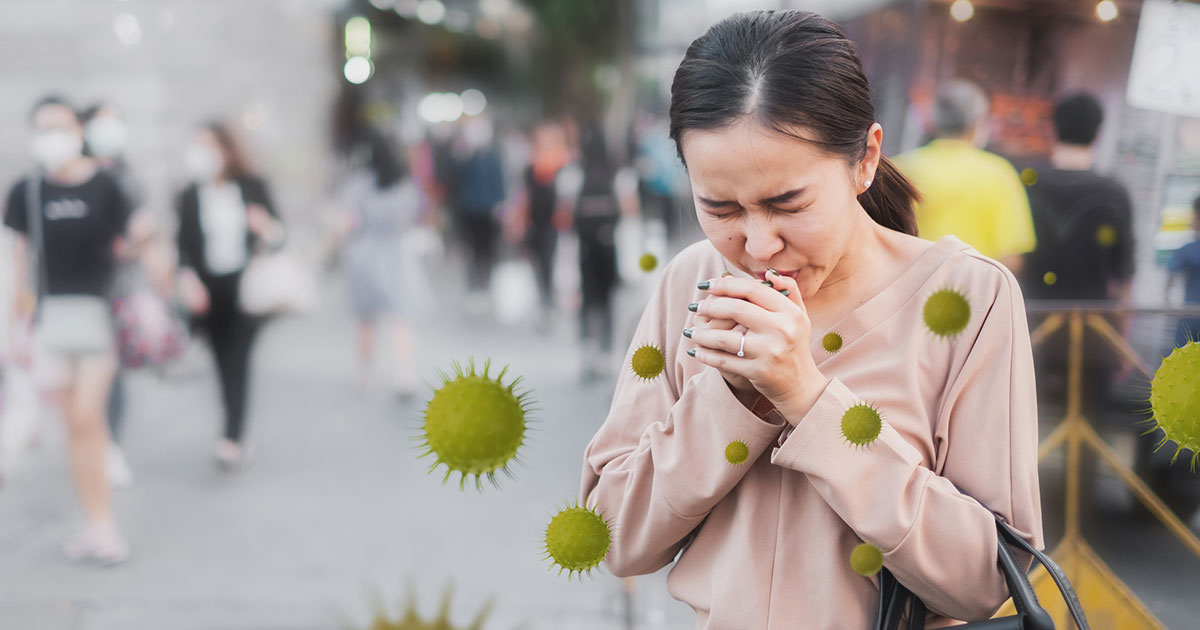
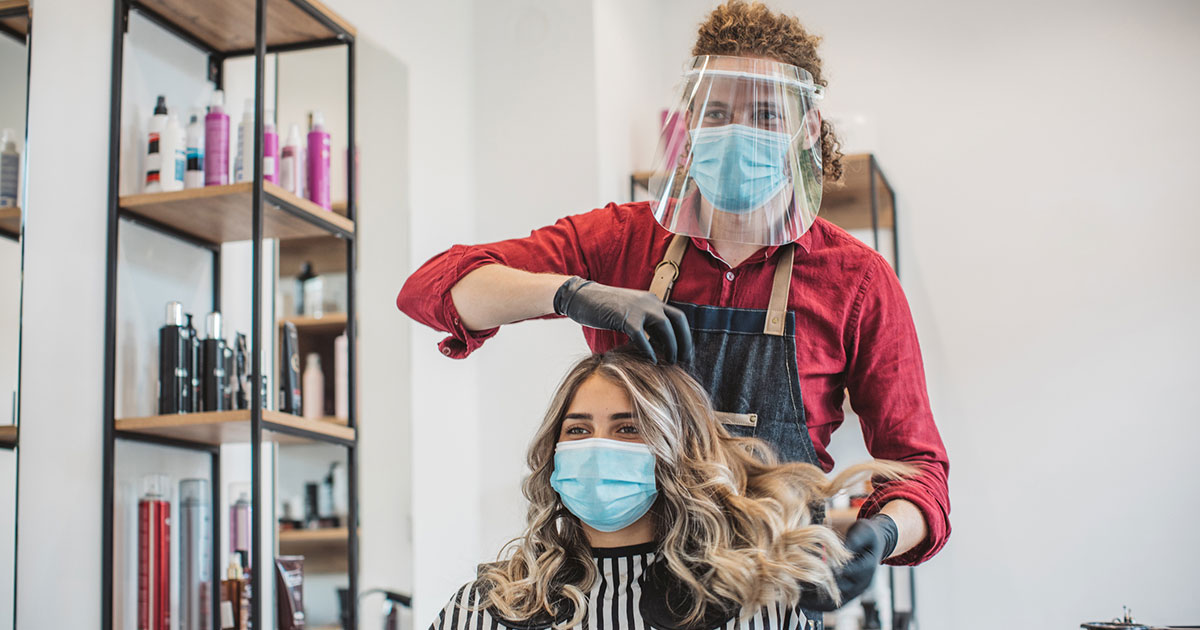
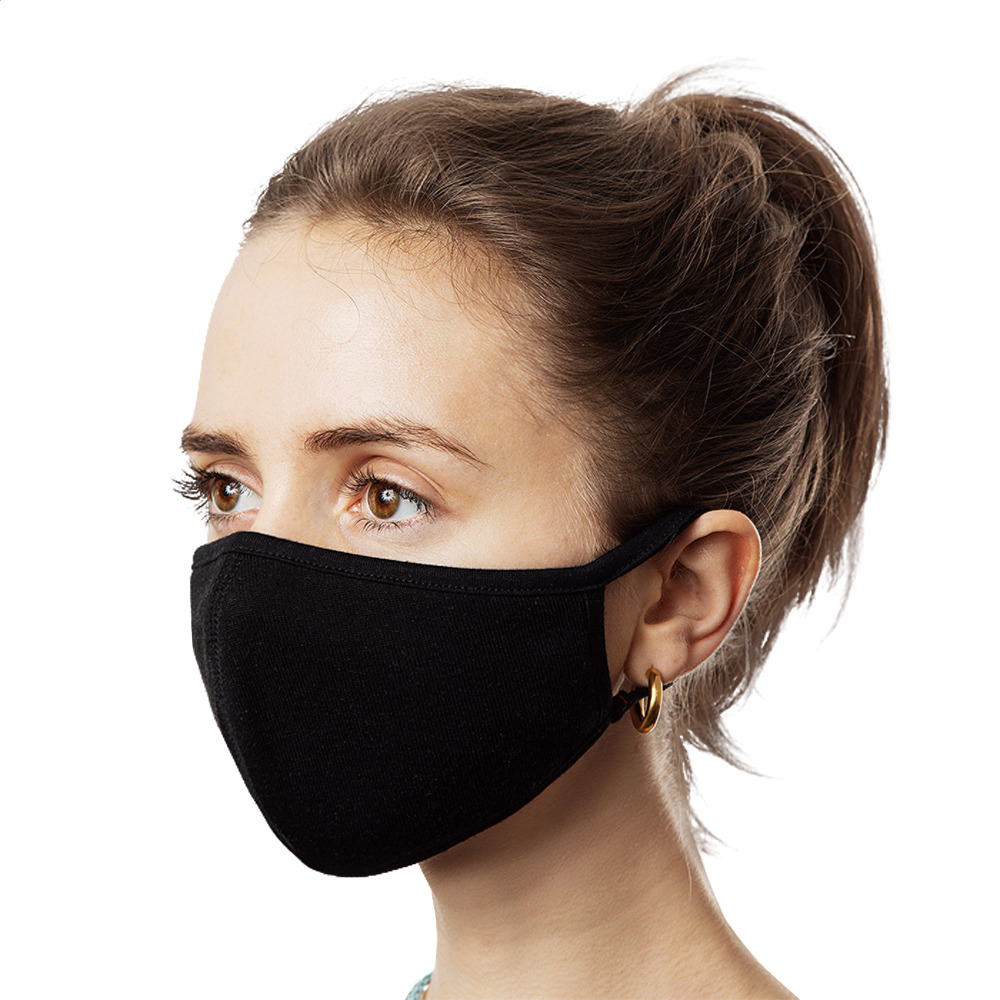
 Subscribe to Our Newsletter
Subscribe to Our Newsletter


